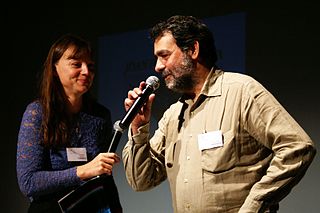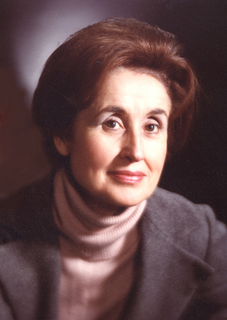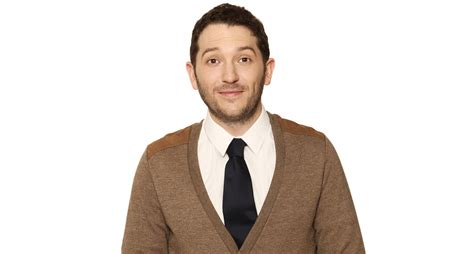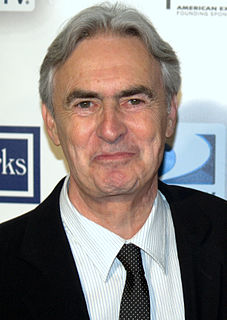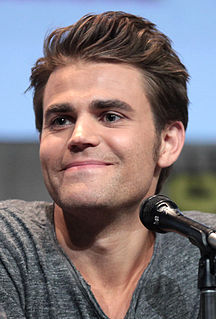A Quote by Ridley Scott
When you're watching a documentary, the danger is to romanticize.
Quote Topics
Related Quotes
When you say documentary, you have to have a sophisticated ear to receive that word. It should be documentary style, because documentary is police photography of a scene and a murder ... that's a real document. You see, art is really useless, and a document has use. And therefore, art is never a document, but it can adopt that style. I do it. I'm called a documentary photographer. But that presupposes a quite subtle knowledge of this distinction.
There is a documentary element in my films, a very strong documentary element, but by documentary element, I mean an element that's out of control, that's not controlled by me. And that element is the words, the language that people use, what they say in an interview. They're not written, not rehearsed. It's spontaneous, extemporaneous material. People
I'm a romantic, but I'm not a romantic in the traditional sense. I like to romanticize what happens to me. Whatever happens to me - you could quantify it as good or bad - I romanticize it. I think along the lines of 'When that thing happened, it made me who I am.' That kind of thing. It's a different way of being romantic.




